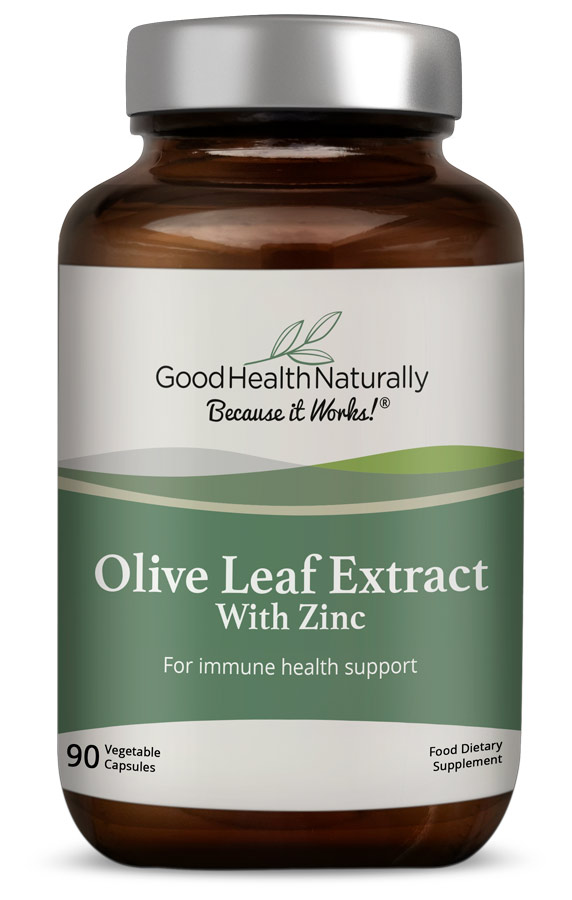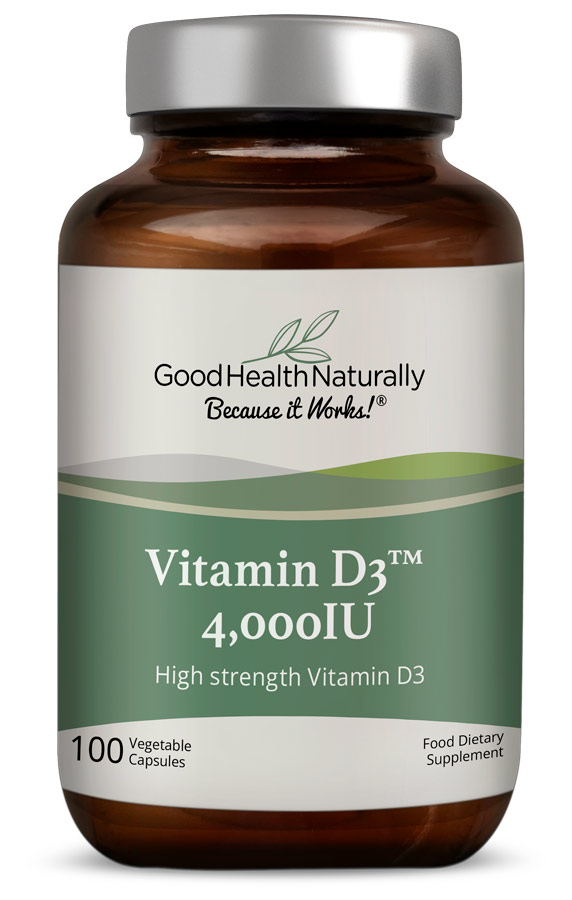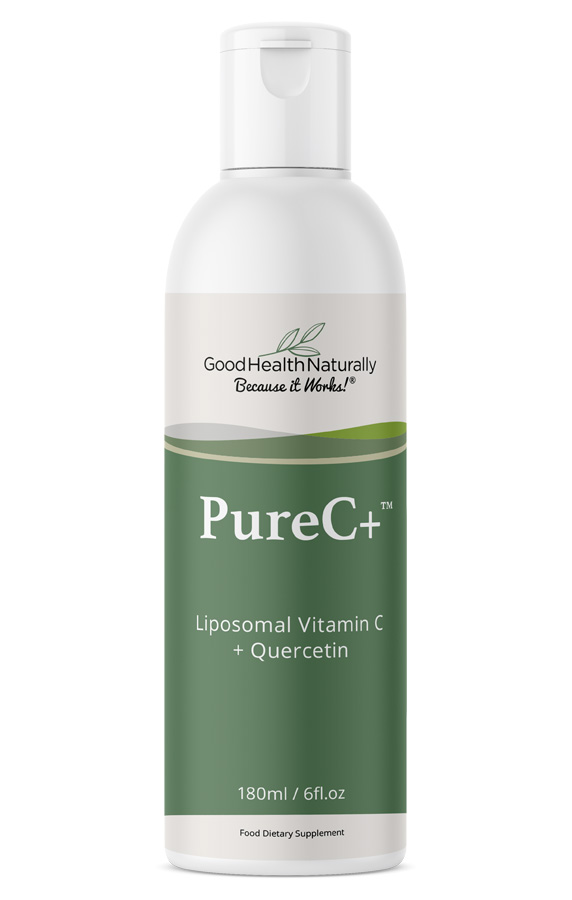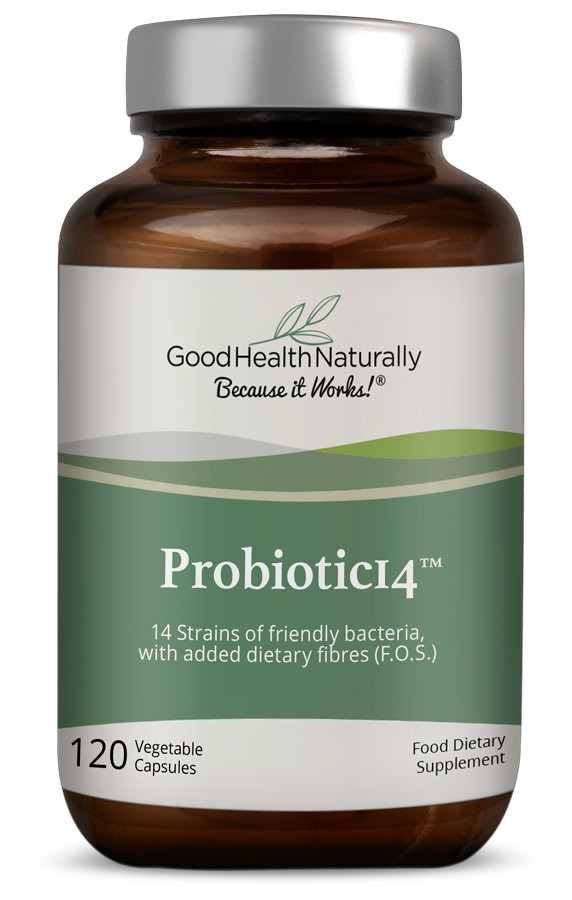Welcome to this week’s edition of Naturally Healthy News.
With the arrival of warmer weather, many of us look forward to spending more time outdoors, enjoying the benefits of sunshine and nature. This is not just a boost for our mood; it’s also a chance to naturally increase our vitamin D levels. However, even in the sunny months, the debate over natural immunity and the need for supplementation remains critical. While our bodies are equipped with remarkable defences, lifestyle factors, dietary habits, and environmental conditions play a significant role in our overall immune health. This week’s newsletter explores how to effectively support our immune system during the warmer months, the pivotal role of vitamin D, and why supplementation might still be necessary.
Understanding Natural Immunity
The immune system is a complex network of cells, tissues, and organs working together to defend the body against harmful invaders, such as bacteria, viruses, and toxins. It consists of two main components: innate immunity and adaptive immunity.
Innate Immunity: Innate immunity includes physical barriers like skin and mucous membranes and immune cells like phagocytes that attack and destroy foreign substances. This part of the immune system responds quickly to a wide range of pathogens and provides an immediate, though non-specific, defence.
Adaptive Immunity: Adaptive immunity is more sophisticated. It involves the production of antibodies by B cells and the activation of T cells that specifically target and remember pathogens. Once exposed to a pathogen, the adaptive immune system “remembers” it, providing long-lasting protection and a faster response upon future exposures.
The interplay between these two systems is vital for maintaining health. Factors such as age, diet, stress, and environmental exposures can influence how well our immune system functions.
Recommendations for Nutrient Support
Even with ample sunlight in the warmer months, certain nutrients are crucial for maintaining robust immune function. Focusing on key vitamins and minerals can provide the necessary support:
Vitamin D3: Vitamin D3 is essential for modulating the immune response and reducing inflammation. While sun exposure helps our skin synthesise vitamin D3, factors like sunscreen use, skin type, and time spent indoors can limit production. In addition to sunlight, vitamin D3 can be obtained from fatty fish (like salmon and mackerel), fortified dairy products, and supplements. Supplementation can be essential for individuals at risk of deficiency or with limited sun exposure, ensuring they maintain optimal levels.
Vitamin C: Vitamin C, known for its antioxidant properties, protects cells from free radical damage and supports white blood cell production and function, which is crucial for fighting infections. Excellent sources of vitamin C include citrus fruits, strawberries, bell peppers, and broccoli. Supplementation can be beneficial during high stress or illness to meet increased demands. Additionally, vitamin C protects against harmful UV rays and hay fever, which can be problematic in the summer.
Zinc: Zinc plays a critical role in immune cell development and communication. It has been shown to help reduce the duration of colds and support overall immune function. Meat, shellfish, legumes, seeds, and nuts are rich in zinc. Supplementation can be particularly useful when dietary intake is insufficient and even to protect against summer colds!
Selenium: Selenium is a powerful antioxidant that helps lower oxidative stress in the body, reduce inflammation and enhance immunity. Brazil nuts, seafood, and eggs are good dietary sources of selenium. In regions with selenium-deficient soil, supplementation ensures adequate intake.
Botanicals and Probiotics for Immune Support
In addition to vitamins and minerals, certain botanicals and probiotics can further enhance immune function:
Olive Leaf Extract: Olive leaf extract contains oleuropein, a compound known for its antiviral, antibacterial, and antioxidant effects. It supports the immune system by helping to fight off infections and reducing inflammation. Olive leaf extract can be taken as a supplement, and its natural properties make it a valuable addition to immune support regimens.
Probiotics: Probiotics are beneficial bacteria that support gut health, which is closely linked to immune function. A healthy gut microbiome can enhance the body’s ability to fend off pathogens. Fermented foods like yoghurt, kefir, sauerkraut, kimchi, and miso are rich in probiotics. Probiotic supplements can also ensure a consistent intake of these beneficial bacteria. Regular consumption of probiotics can improve gut health and support immunity
Conclusion
As we embrace the warmer months and the opportunities they bring for outdoor activities and sun exposure, we must remain mindful of our immune health. While natural sunlight can boost our vitamin D levels, factors such as an indoor lifestyle, sunscreen use and skin colour often mean we still fail to synthesise enough vitamin D. Therefore, supplementing key nutrients like vitamin D3 alongside vitamin C, zinc, and selenium becomes necessary. Incorporating botanicals like olive leaf extract and maintaining a healthy gut with probiotics can further enhance our immune defences. By integrating these nutritional strategies with a balanced diet and healthy lifestyle practices, we can better support our immune system and maintain optimal health year-round.
Recommended products:
|
Olive Leaf Extract with Zinc |
Vitamin D3 4000IU |
PureC |
Probiotic 14 |
 |
 |
 |
 |




